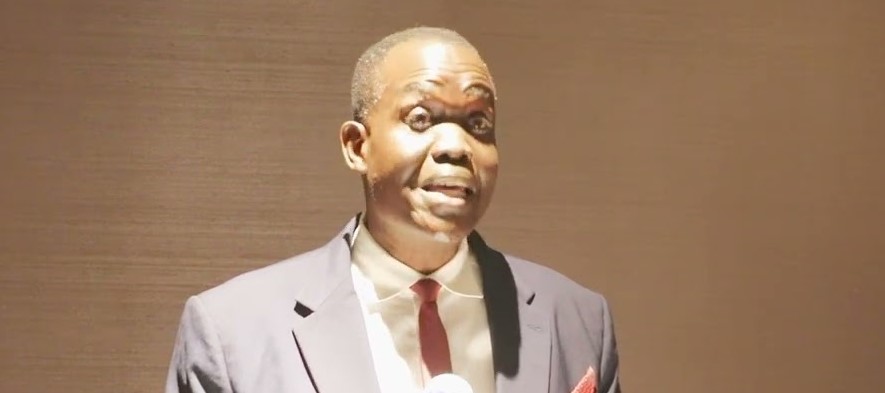The leadership of the holdout opposition, currently engaged in Tumaini (Hope) Initiative talks with the South Sudan government in Nairobi, Kenya, said today that it would only accept a peace agreement if Juba agrees to address the root causes of the conflict.
The opposition outlined the root causes as “power struggle” and “strategic failure of leadership.”
“There are other underlying factors contributing to the conflict in South Sudan, but these stem from the two main causes,” said Lual Dau, Secretary General of the opposition United People’s Alliance (UPA), while addressing journalists in Nairobi on Friday.
According to Lual, South Sudan has lost its vision and direction under the current leadership. He also highlighted a dysfunctional governance system, the politicization of ethnicity, and a tribalized security sector.
“We need a national army that all South Sudanese can identify with,” he said.
The opposition official emphasized the need to address environmental degradation and pollution in oil-producing areas, as well as the serious corruption, lack of rule of law, and the need for reconciliation and healing in South Sudan.
“This government has dishonored so many agreements, including the 2018 agreement. They sign agreements and pass laws, but they are not implemented,” Lual stated.
“There is a serious power struggle between the political and military elites, especially at the top leadership. There is a political deadlock—nothing moves. We are stuck as a people. All the agreements are dead, yet the government insists on continuing with a dead agreement. These are the root causes of the conflict,” he added.
He claimed that the government, opposition, and other stakeholders at the talks have already agreed on the root causes of the conflict in South Sudan. He noted that the parties agreed to form a committee to find a solution to these root causes.
“UPA will only sign an agreement that addresses the root causes. If the agreement does not address leadership failure and the power struggle, let it be known that UPA will never sign such an agreement,” he emphasized.
The UPA Secretary General insisted that they will not accept renegotiating the eight protocols that were initialed last year.
The talks, aimed at forging sustainable peace in South Sudan, have been ongoing in Nairobi, Kenya, since January 20, 2025. Seen as a critical step toward resolving the country’s prolonged political and security crises, the talks offer renewed hope for lasting peace.
These discussions, which began in May 2024, involve the Revitalized Transitional Government of National Unity (RTGONU), the opposition United People’s Alliance (UPA)—formerly known as the South Sudan Opposition Movement Alliance (SSOMA)—and other opposition groups.
The newly formed UPA is led by R-SPLM leader Pagan Amum, with his deputies, Gen. Paul Malong and Gen. Mario Laku, and Lual Dau as Secretary General.




